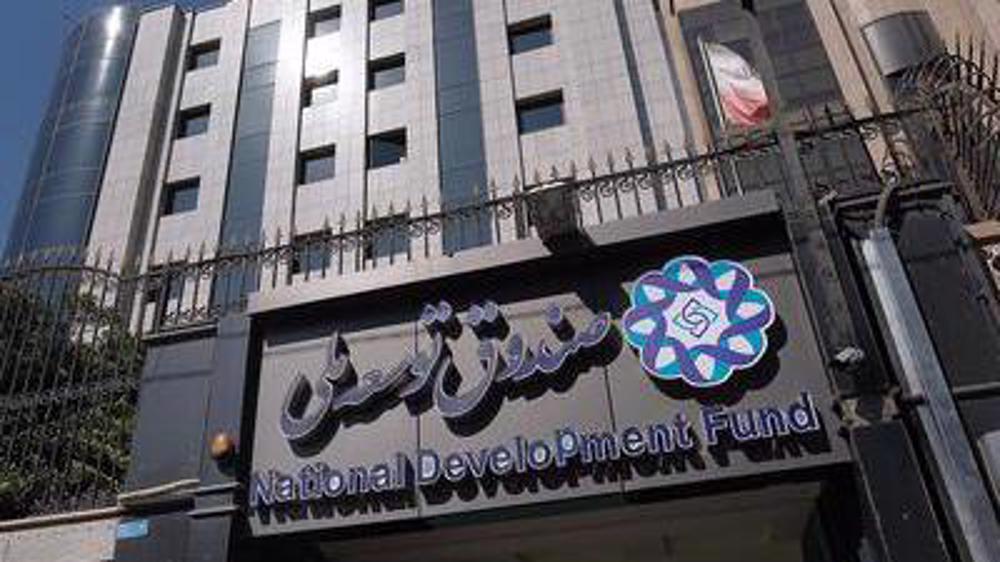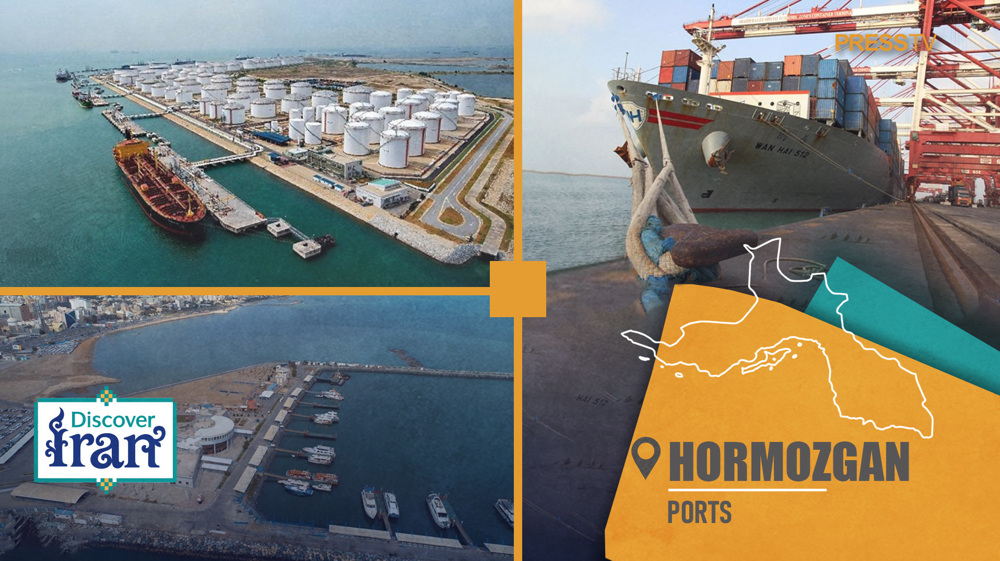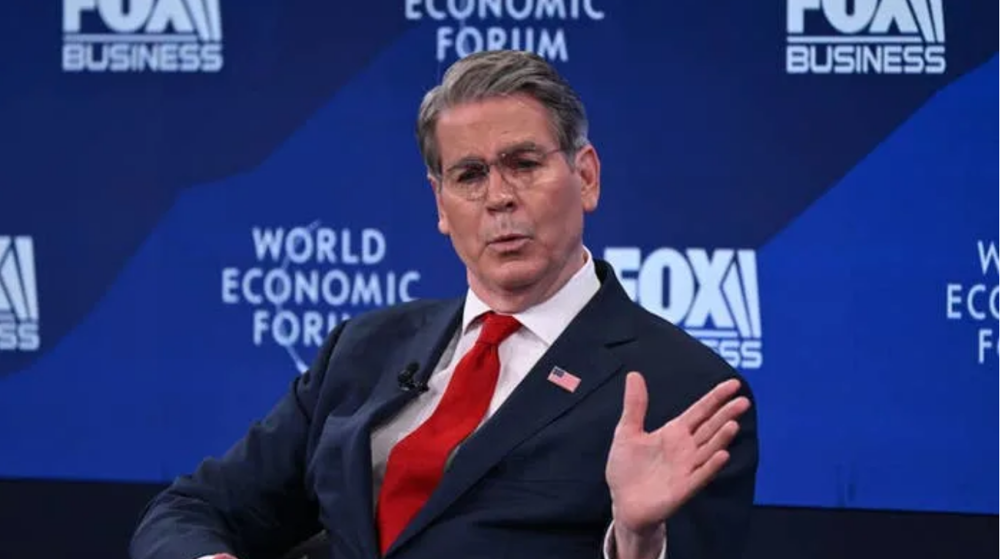Role of sovereign wealth fund in Iran’s development
The new cabinet lineup unveiled by President Masoud Pezeshkian has ruffled feathers among his supporters who say some of the nominees signify an unceremonious departure from his election promises, but others believe it is “practicable”.
Reza Mohammadi, deputy director for investments and resources of the National Development Fund, says his saving platform is ready to provide the next administration with necessary support to press its development plans.
So far, the sovereign wealth fund has underwritten $36.2 billion worth of projects across a wide range of sectors, playing a key play in the country’s infrastructure building.
The expenditure includes $23.07 billion for oil and gas development, $6.7 billion in the industry sector, $4.6 billion for building power plants, $583 million in the water sector, $1.1 billion in transportation, $120 million in medicine and $15 million in tourism, according to Mohammadi.
The new government faces a list of challenges, from the need to create jobs to tackling inflation and a ballooning energy deficit.
Mohammadi said in order to play an effective role in the new administration’s success, the National Development Fund has proposed several important programs to resolve some of the existing imbalances, the first of which is the electricity deficit.
Since its inception in 2011, the fund has financed the construction of 46 power plants with 7,200 megawatts of installed capacity.
The electricity deficit hit 18,000 megawatts this summer, Mohammadi said. Iran also faces an annual increase of 5% in consumption.
With an investment of about $7.5 billion over three years, he says, more than 15,000 megawatts of the deficit will be covered.
Official statistics indicate that 13 percent of Iran's electricity is lost during transmission and distribution, which is enough to power all electricity supplies needed in the steel industry.
The sovereign wealth fund was established to transform revenues from the sale of oil, gas, gas condensate and oil products into productive investments for future generations.
The fund is a member of the International Forum of Sovereign Wealth Funds, and thus a signatory of the Santiago Principles on best practices in the management of such funds.
A sovereign wealth fund is a savings account in which a nation saves surplus current revenues in a way that supports future public spending and investment, by growing those funds in financial assets.
Many countries around the world have sovereign wealth funds, especially those with national revenues and incomes coming from natural resources. However, some administrations treat it as a piggy bank during hard times.
According to state officials, Iran’s National Development Fund once had $150 billion in assets, $100 billion of which was withdrawn by various administrations and another $40 billion was given out in loans to the private sector.
Critics say this amounts to treating the fund like a bank, from which the governments borrow whenever they face a shortfall, but they often fail to pay back.
According to Mohammadi, the oil industry currently has $17.6 billion in outstanding debt to the National Development Fund.
Despite the arrears and irregular withdrawals by the government, however, the fund has been able to contribute to the country’s development in various fields of energy, industry, agriculture and services with one third of its remaining resources, he said.
Hamas blasts Western media for blindly defending false Israeli narrative
ElBaradei condemns US threats of military action against Iran
‘No two-hour war’: Iran vows immediate retaliation to any attack
VIDEO | US warmongering threatens stability
Pezeshkian: US must end provocations if it seeks genuine diplomacy
Iran summons German ambassador over Merz’s ‘low-minded’ remarks
Iran's Armed Forces warn EU of ‘consequences’ of IRGC designation
Iran FM: EU’s blacklisting of IRGC a ‘major strategic mistake’










 This makes it easy to access the Press TV website
This makes it easy to access the Press TV website